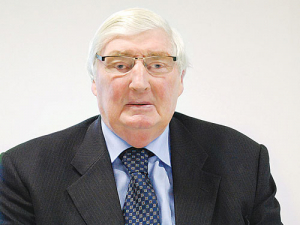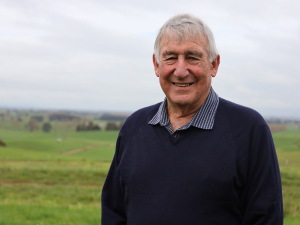Environment Canterbury says the Nutrient Management and Waitaki Plan Change, Plan Change 5 to the Land & Water Regional Plan, will take effect on February 1.
The nutrient management rules will apply in all catchments in the Canterbury region not currently the subject of sub-region plans.
Resource consent, including audited farm environment plans, will be required if properties irrigate more than 50ha or have more than a specified amount of winter grazing of cattle, depending on property size.
Councillor Peter Skelton said the decision, made by the ECan council in mid-December, was the culmination of a three-year process setting industry-agreed good management practice (GMP) as the minimum standard for all farming activities.
“The plan change deals with the effects of land uses, particularly farming activities, on water quality region-wide and ensures the effective management of water quality in the Waitaki sub-region,” Skelton said.
“The nutrient management rules are intended to address the effects of changing land use and promote improved water quality in the region,” Skelton said. “With this in mind we need to be clear about what constitutes GMP onfarm. Industry groups have now described what this means for their sector.”
As a starting point, farmers should have a baseline nitrogen leaching rate that reflects GMP.
“This is a requirement for farms requiring land use consent to farm,” Skelton said. “Permitted farms need only comply with the irrigation and winter grazing limits.”
However, Federated Farmers Mid-Canterbury president Michael Salvesen said the plan change would have drawbacks both for farmers trying to comply and for ECan trying to administer it.
There are many issues at many levels, he said. Overseer is a tool for compliance, but is not accurate enough to support prosecution when ECan tries to enforce the rules.
It is also “throwing up some funny figures,” particularly for arable farmers, some of whom were automatically non-compliant as soon as the figures were put in.
The Feds and other industry bodies had appealed against the plan change, but the appeals have since been withdrawn in favour of an external working group set up to sort out remaining issues.
Skelton said this group would consider some “implementation challenges” to ensure fairness and equity for all farmers without compromising environmental bottom lines.
The Land & Water Regional Plan operates at two levels – a region-wide section and 10 sub-regions where the rules are modified in ways appropriate for each catchment.











